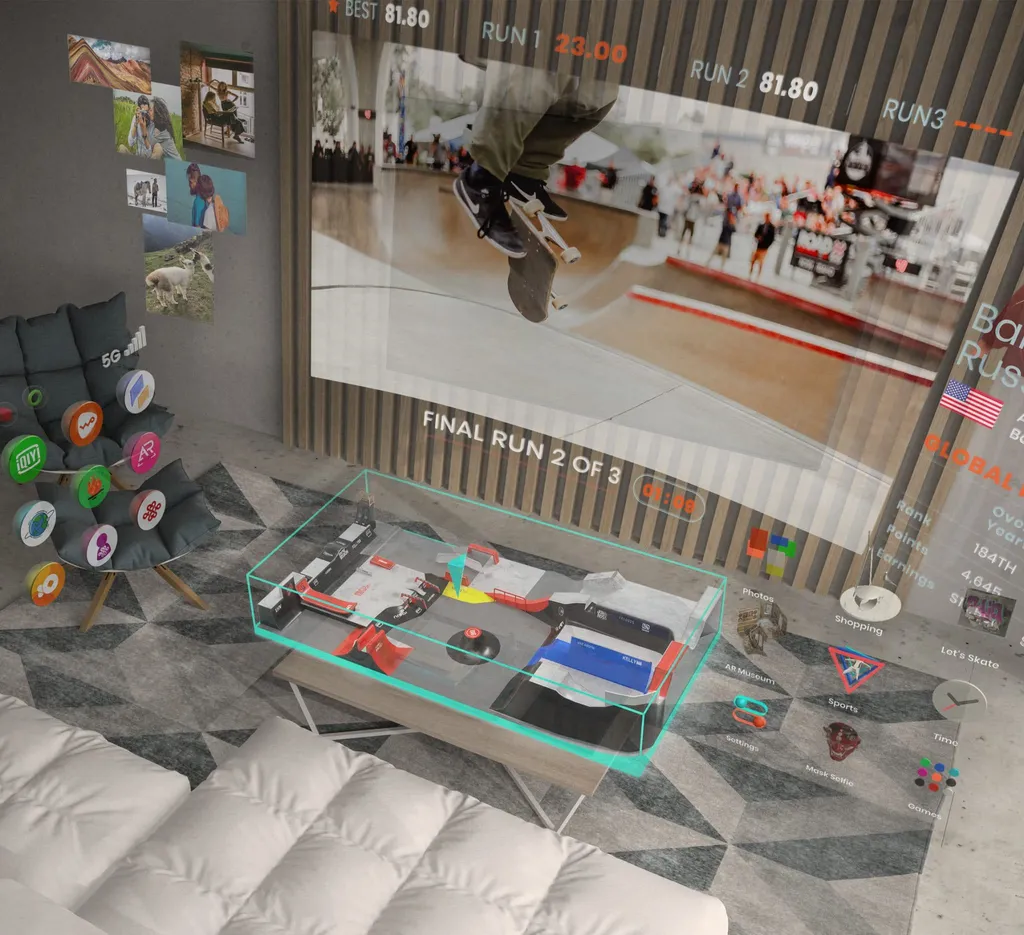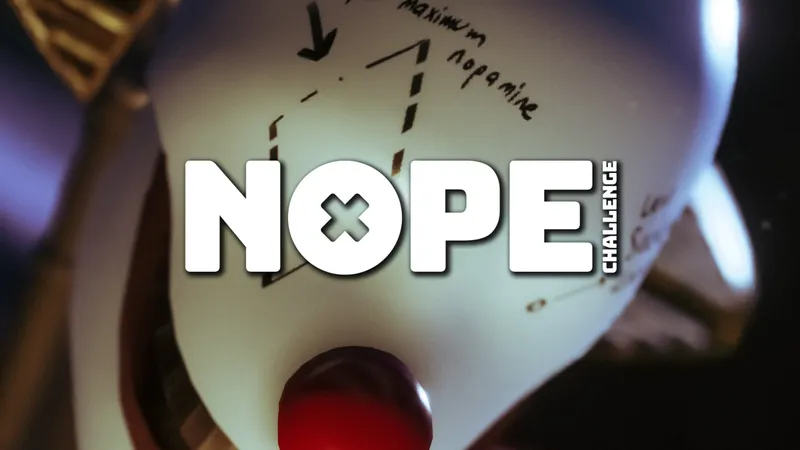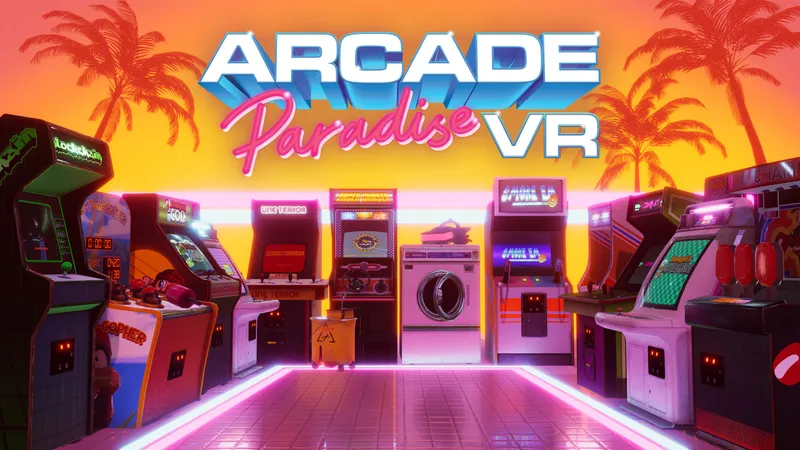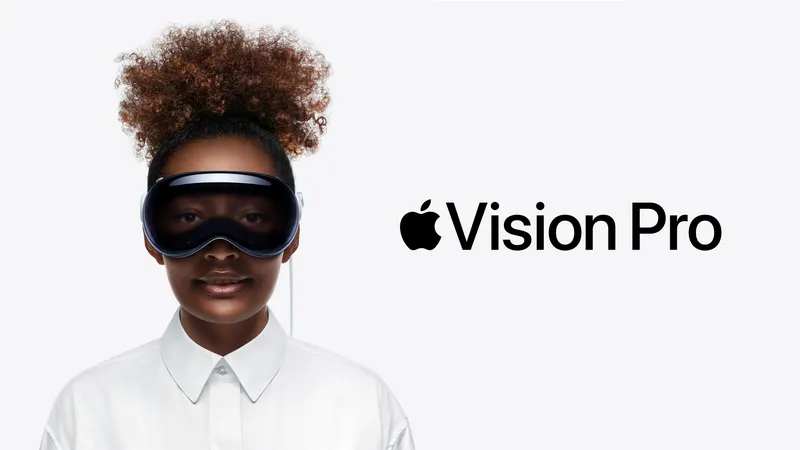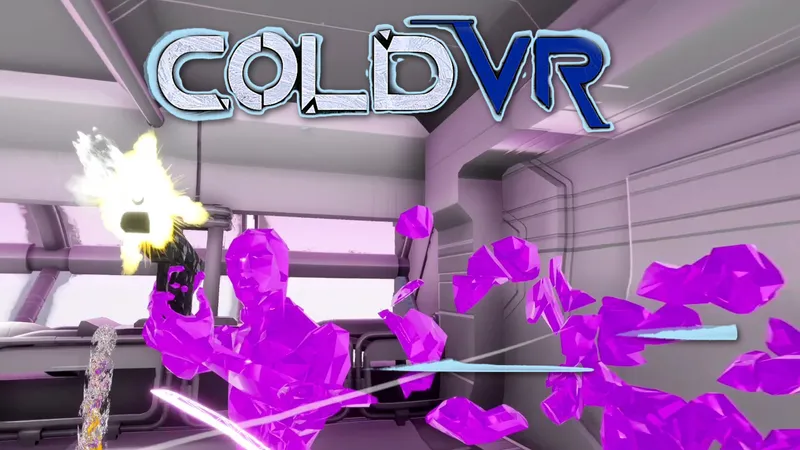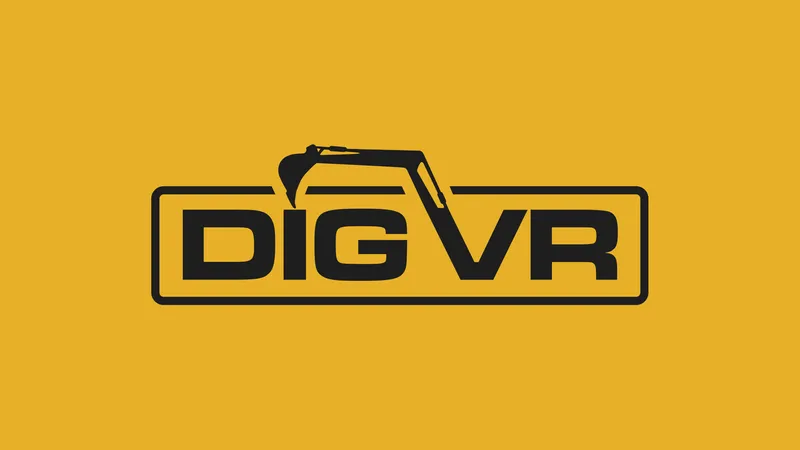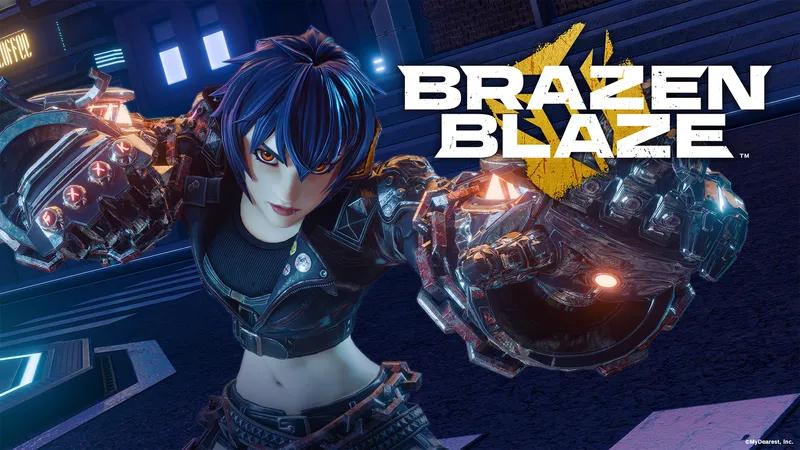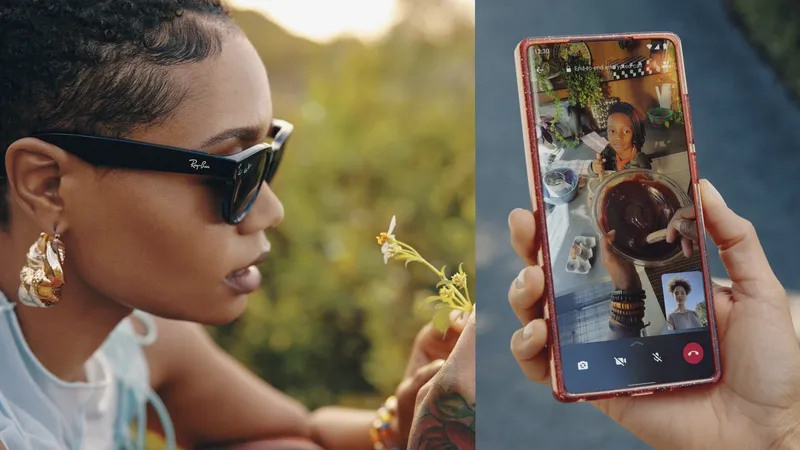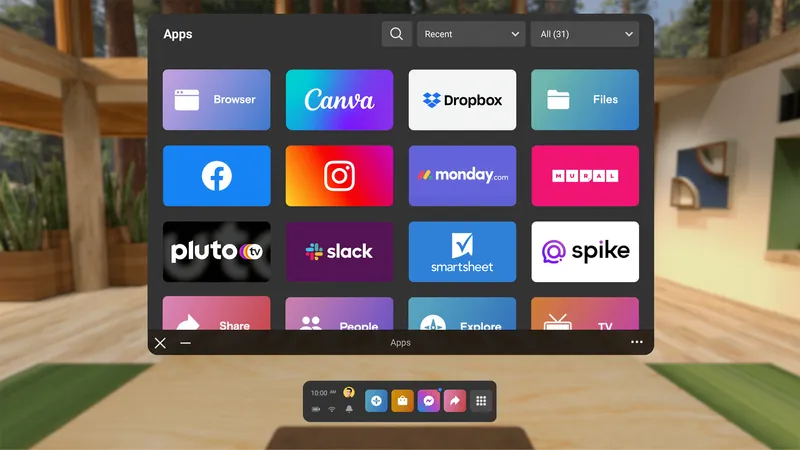At CES 2020 Nreal is claiming that its upcoming AR glasses can pin your phone’s regular Android apps in your physical environment.
Nreal is a China-based company founded in 2017 with the goal of delivering lightweight consumer AR glasses before the major tech companies. Their first product is called Nreal Light. Instead of having on-board processing, the Nreal Light glasses are tethered to either a high end recent Android phone or an Nreal compute pack.
Specifically, the company claims the glasses will work with any Android phone which uses the Snapdragon 855 processor. That should include the Samsung Galaxy S10, Google Pixel 4, OnePlus 7, Galaxy Note 10, and more.
Nreal opened preorders back in November for a “developer kit” which includes the glasses and compute pack, for around $1200. The glasses alone are expected to be priced around $500 to consumers.
Nreal planned to ship the Nreal Light in 2019, but delayed until 2020. They now intend to ship the Nreal Light to consumers in the spring of 2020.
Nebula: Your Apps In Real Space
The company’s big announcement at CES 2020 is Nebula: a software system which it claims lets users pin and use their regular Android apps in real space.
Nreal describes Nebula as supporting “all their favorite mobile apps”. If true, this would allow for use cases such as watching Netflix in bed on a floating virtual screen.
The company claims that the software will remember what apps you’ve placed in a room when you re-enter it so they’ll be in the same position you left them. Multiple apps are said to be supported at once, so you could theoretically create an “infinite workspace” which could give you the effect of having many monitors.
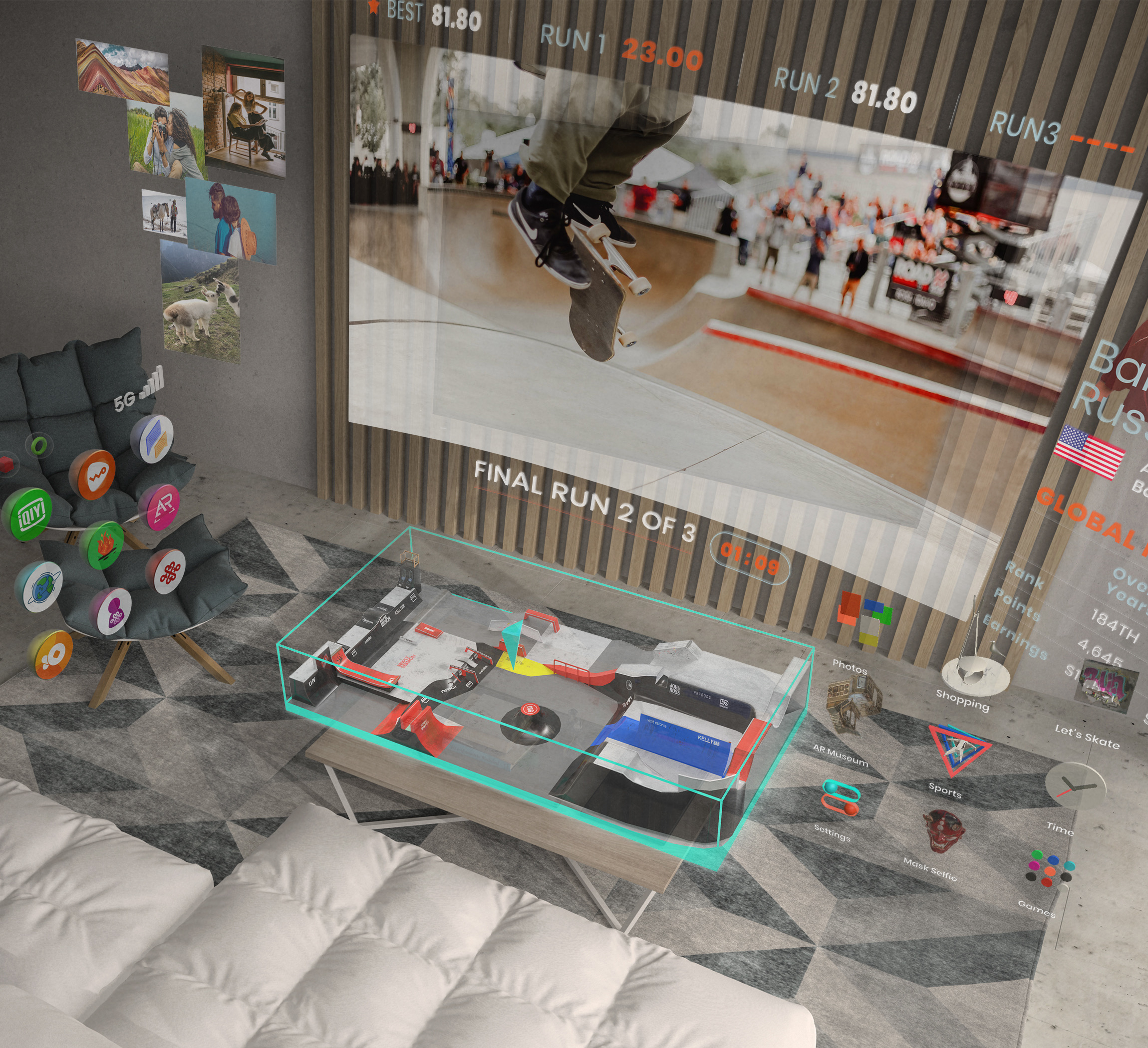
For users who opt to use Nreal’s compute pack instead of their phone, such as those who use an iPhone, it is unclear how this feature will work. Such a compute box would likely not have access to Google Play — the platform has a strict device certification process which does not include AR glasses yet. It may be that Nreal is planning to have its own store of 2D Android apps, we’ve reached out to clarify.
A supported tethered smartphone can be used to interact with apps as a rotational laser pointer, similar to the Oculus Go‘s controller. Based on our experience with 3DoF controllers on 6DoF headsets, this would likely be an awkward experience.
If you want full 6DoF positional controllers, Nreal claims support for the upcoming FinchShift controllers, expected to retail for around $200.
AR Is Still Primitive
While Nreal Light and the Nebula system sound great in theory, it is important to note that AR glasses are still in the very early stages.
AR glasses are a massive technological undertaking with enormous leaps in miniaturization and input needed to achieve true consumer appeal. Facebook, for example, has thousands of people working on VR and AR to make those breakthroughs and its top researcher still says compelling AR hardware is perhaps half a decade away. Nreal’s field of view, like all current AR glasses, is only 52°- around half of a typical virtual reality headset. This means that you only see the digital objects and apps within a small rectangle of your view rather than all over the glass.
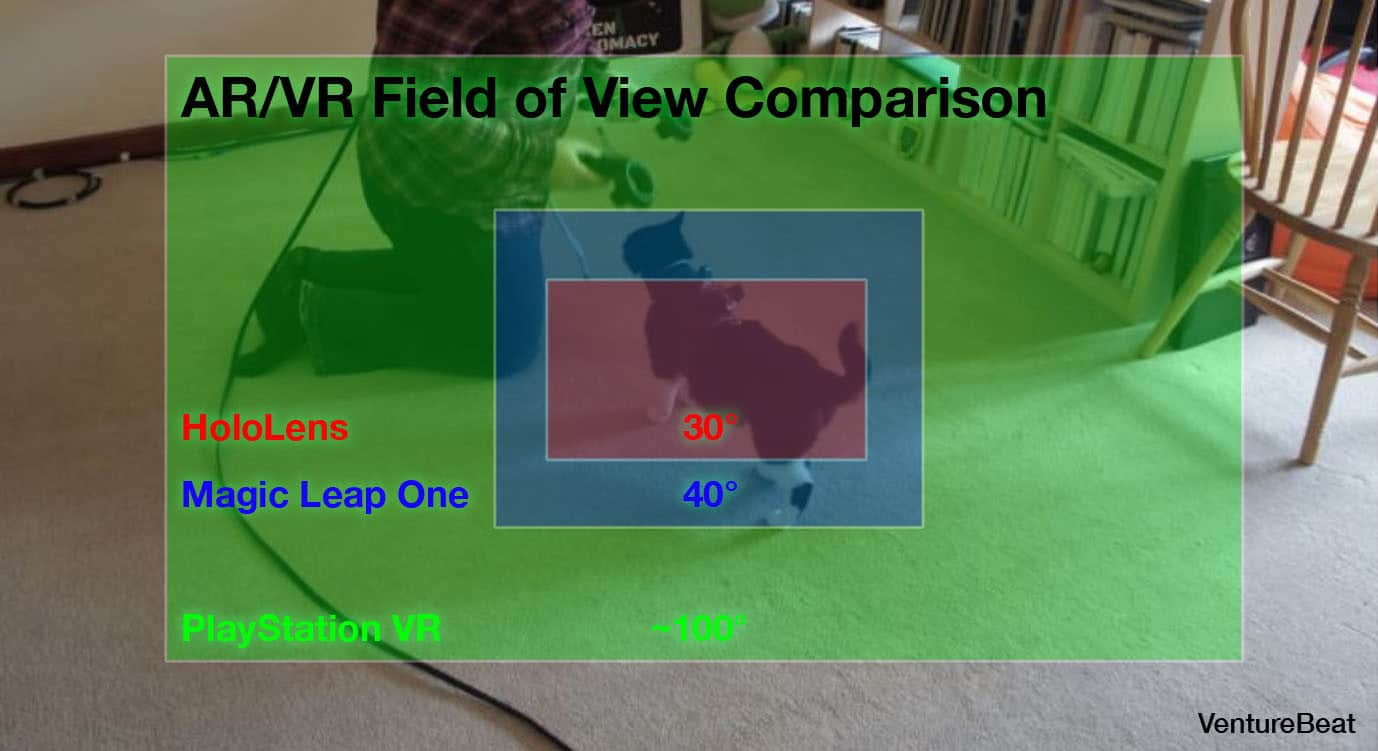
A specific shortcoming of Nreal is we believe it does not support occlusion. Occlusion refers to when a digital object is placed behind a real world object. If a system doesn’t support occlusion, the digital object will be rendered on top of the object, breaking the illusion. Both HoloLens 2 and Magic Leap One support it.
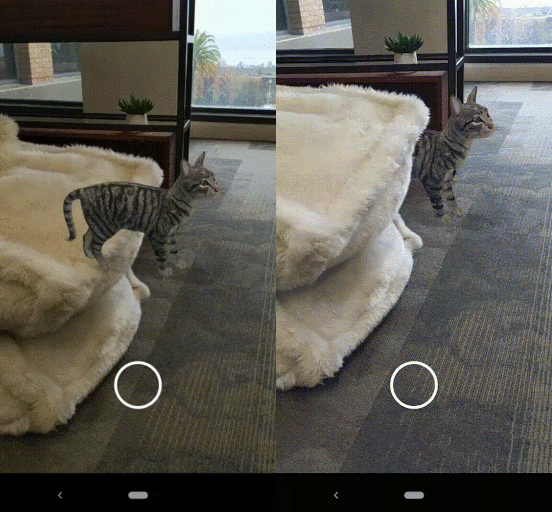
When we went hands-on with Nreal at MWC 2019 we were somewhat impressed with the size of the gear and sharpness of the image, but only tested it in very limited controlled conditions. We should get an updated demo at CES 2020 so check back for updates.
Don’t forget to check out our CES 2020 Coverage Hub right here for all of the latest announcements for VR and AR tech from the show!

